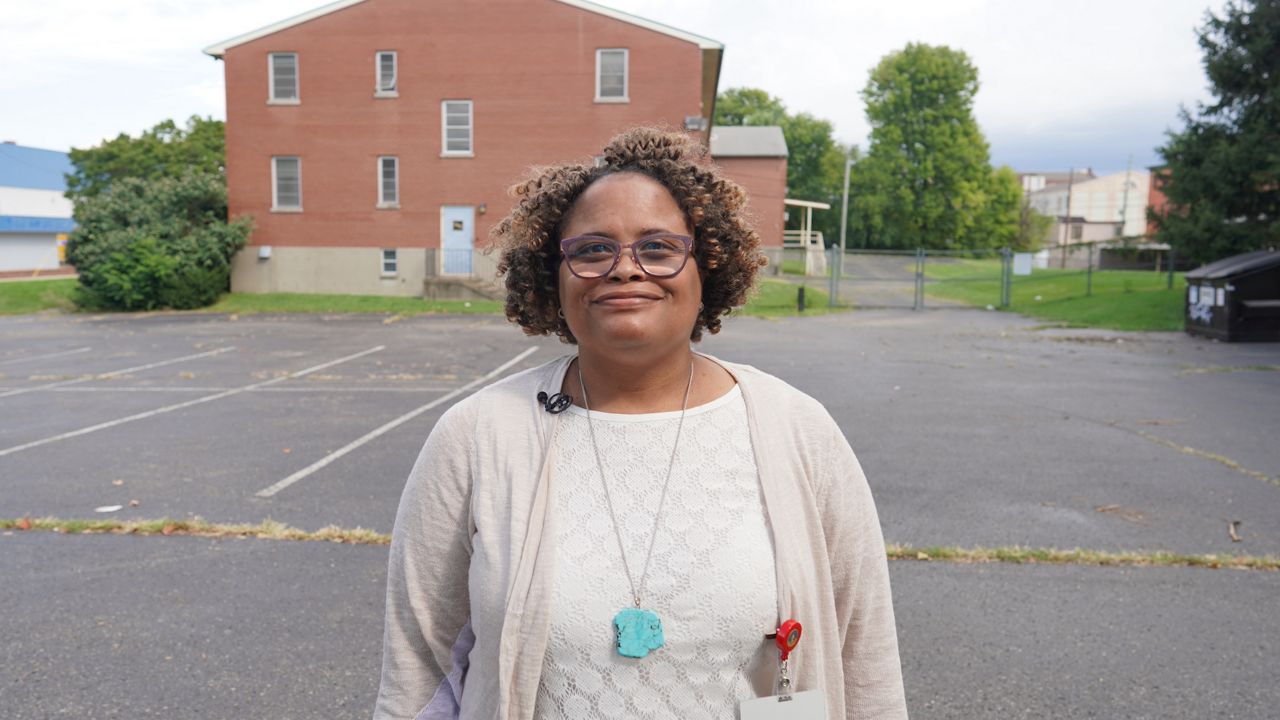LOUISVILLE, Ky — Louisville Metro Council will consider designating $100 million of American Rescue Plan money to address chronic homelessness.
The Louisville Office of Housing is requesting $100 million of ARP funds to address chronic street homelessness. It a proposal that will eventually face a full metro council vote. A portion of these dollars would fund a city-operated homeless camp at 212 E. College Street in Louisville. The property was purchased by the city this summer.
$1.5 million is requested to restore water and electricity to the site, while paying for portable bathrooms, and 50 tents.
$7.5 million is proposed to renovate the former office building on site into affordable housing units. The camp proposal is called the "Safe Outdoor Space," or S.O.S. Office of Resilience and Community Resources Executive Director Tameka Laird is overseeing the project. “We are so proud and we are glad we are seeing momentum around this first, pilot, short term option," Laird said this week.

The idea is the S.O.S. would serve as a doorway for chronically homeless residents to enter drug treatment if needed, find temporary housing and then more long term housing.
“We’ll be ready with our support, our outreach and our services to be able to take them in and be able to provide them with the overall services that they need," Laird adds.
So the lion's share of the $100 million dollar proposal comes in the form of supportive and affordable housing initiatives.
$32 million for permanent supportive housing and $40 million invested affording housing through the Louisville Affordable Housing Trust Fund. There are many examples of chronic homeless residents choosing the street over shelter space but Laird they can be reached and the S.O.S. will help more down the path of finding stable housing.
“We know they can be helped," Laird said. "We just need to be able to provide that intensive rapport and relationship building so it’s going to take time. If a person is not ready today they might be ready tomorrow.”
The SOS could open as soon as mid-December.
A detailed breakdown of the Office of Housing $100 million dollar proposal is found here.



